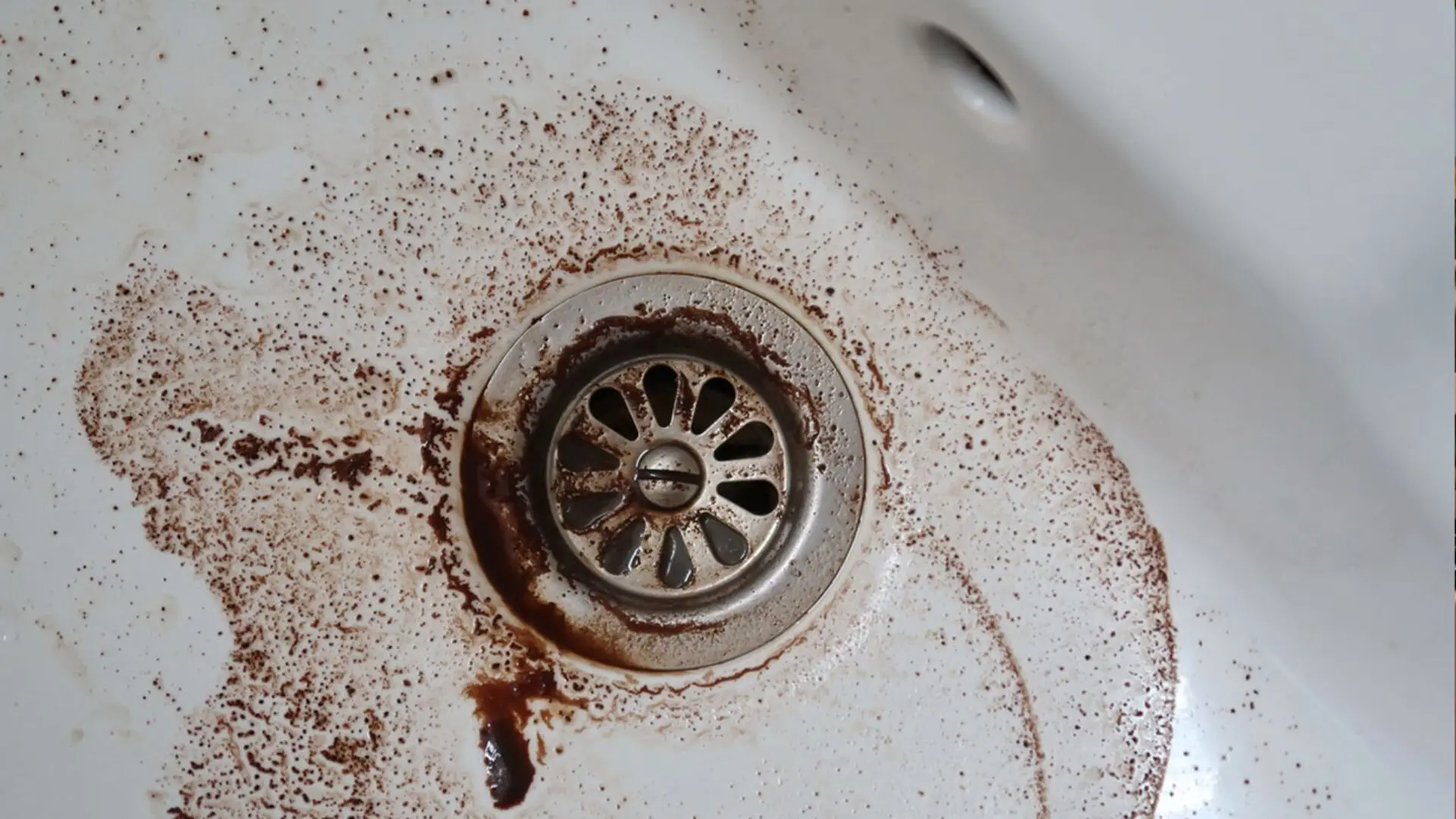Disposing of Coffee Grounds Down the Sink: Possible or Not? - Considerations to Keep in Mind
Disposing of Coffee Grounds Down the Sink: Possible or Not? - Considerations to Keep in Mind
Blog Article
Just about everyone has their own individual way of thinking with regards to Can You Put Coffee Grounds in the Sink Garbage Disposal?.

If you're a devoted coffee enthusiast, you may be wondering about the most effective means to get rid of your coffee grounds. While it might seem practical to wash them down the sink, this method can result in numerous problems for both your plumbing and the environment. In this article, we'll check out whether it's safe to put coffee premises down the sink and go over alternative disposal approaches to think about.
Dangers of Putting Coffee Grounds Down the Sink
Plumbing Issues
One of the main interest in throwing away coffee premises down the sink is the risk of obstructing your pipes. Coffee grounds do not dissolve in water and can collect in time, creating a thick sludge that can obstruct drains pipes and cause pricey plumbing fixings.
Ecological Impact
Past the possible damages to your plumbing, putting coffee premises down the sink can additionally hurt the atmosphere. When washed right into the sewage system, coffee grounds can add to obstructions in drain lines and treatment centers. In addition, the high concentration of organic matter in coffee grounds can deplete oxygen levels in waterways, adversely affecting marine life.
Alternatives to Disposing of Coffee Grounds
Composting
One environmentally friendly option for taking care of coffee premises is to compost them. Coffee grounds are abundant in nitrogen, making them an exceptional addition to compost piles or containers. As they decay, they add nutrients to the dirt, improving its fertility and appearance.
Trash Disposal
If you don't have a composting arrangement, another alternative is to just toss your coffee grounds in the trash. Make certain to secure them in a compostable bag or container to prevent smells and leak. While this method doesn't provide the exact same ecological advantages as composting, it's a safe and practical method to deal with coffee grounds.
Tips for Proper Disposal
Use a Sink Strainer
To prevent coffee premises from entering your sink's drain in the first place, take into consideration making use of a sink strainer. These affordable devices trap strong fragments, consisting of coffee premises, stopping them from triggering blockages.
Routine Maintenance
No matter exactly how you select to throw away your coffee premises, it's important to preserve your plumbing on a regular basis. Schedule regular drain cleanings to eliminate any build-up and make certain that your pipelines remain clear and free-flowing.
Final thought
While it might be alluring to clean coffee premises down the sink for comfort, doing so can have significant effects for your plumbing and the setting. Instead, think about composting your coffee premises or getting rid of them in the garbage. By embracing liable disposal techniques, you can appreciate your coffee guilt-free while decreasing your environmental footprint.
Coffee Grounds Down The Drain: Are They OK?
Can Coffee Grounds Go Down the Sink?
You may be thinking, “But I pour them down the sink drain every day and I’ve never had a clogged drain!” You see, coffee grounds come from coffee beans, which are virtually rock hard by the time they’re ground and brewed. You certainly wouldn’t want to grind up the pit from a peach, apricot, or nectarine that is about just as hard because they wouldn’t break down like other foods, and it’s the same with coffee beans!
If you usually grind coffee beans in the garbage disposal because it seems the cleanest and convenient, we don’t fault you for that. And anyone who has ever had to clean up the trash with spilled coffee grounds after a dog got into it would understand the rationale. Unfortunately, coffee grounds do not break down in water, so instead of grinding up and washing away as normal foods do in a garbage disposal, they clump together and as time goes by, the grounds can form a clump and pack the drain until it develops a clog.
What to Do With Coffee Grounds
So, what do you do with coffee grounds if you can't put them down the drain? You could of course just throw them in the garbage, but we encourage you to give these practical uses for them a try!
Since coffee grounds contain key minerals for plant growth, you can use them to fertilize your garden. Coffee grounds not only fertilize gardens because they are mineral-rich, but they are also great at absorbing contaminants in the soil, particularly heavy metals. Coffee grounds are said to attract worms, which help gardens flourish. You can use coffee grounds as fertilizer by sprinkling them around your plants. You can compost your coffee grounds and use them at a later time. Coffee grounds are great insect repellents when you place them in bowls or sprinkle them around the areas you want to repel insects. To remove fleas from your dog or cat, simply shampoo your pet then rub coffee grounds throughout their fur. Rinse them off and dry as usual. Like baking soda, used coffee grounds can eliminate odors. You can place them in a bowl in the fridge and let them do the work! Mix coffee grounds with coconut oil for a wonderful face or body scrub, or to reduce the appearance of cellulite. https://www.wintershomeservices.com/blog/2019/august/coffee-grounds-down-the-drain-are-they-ok-/

As a fervent person who reads on Can You Put Coffee Grounds in the Sink Garbage Disposal?, I think sharing that excerpt was a great idea. Please take the time to promote this post if you enjoyed it. Thanks a lot for taking the time to read it.
Or Book Technician Here Report this page